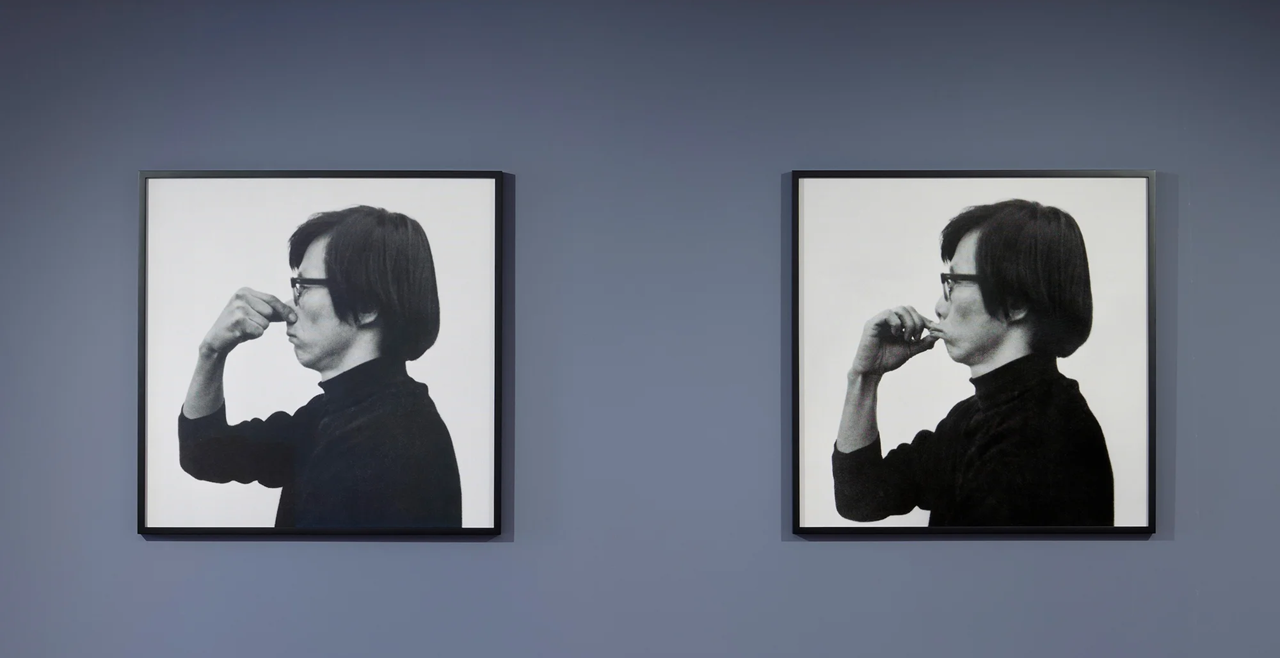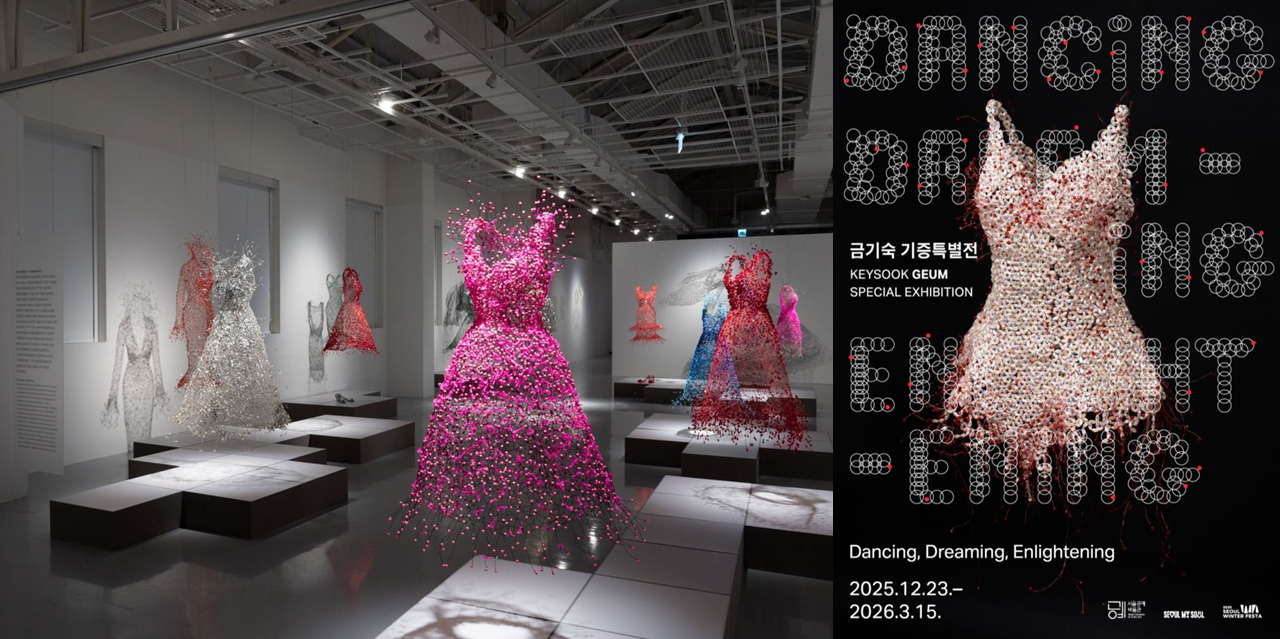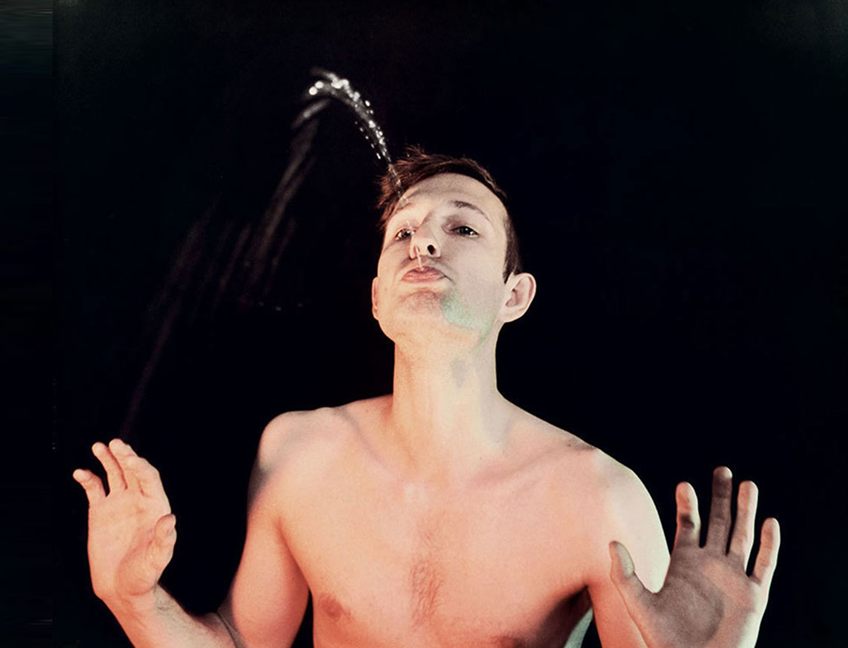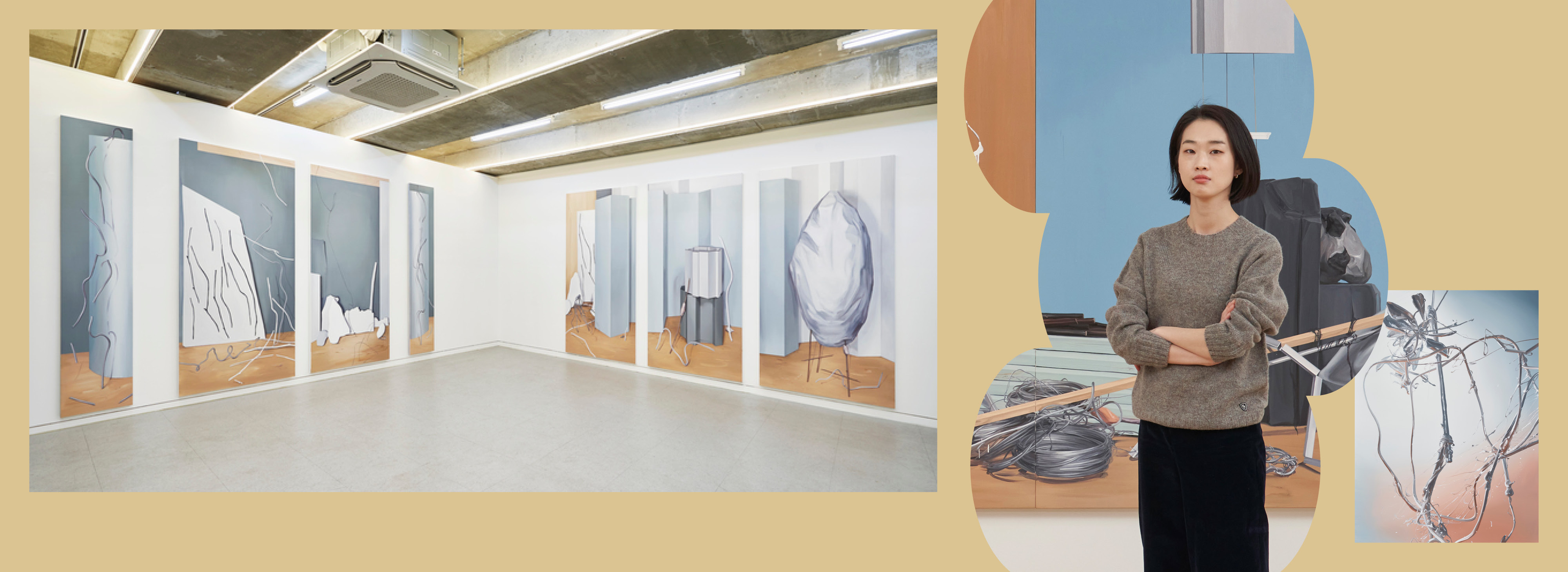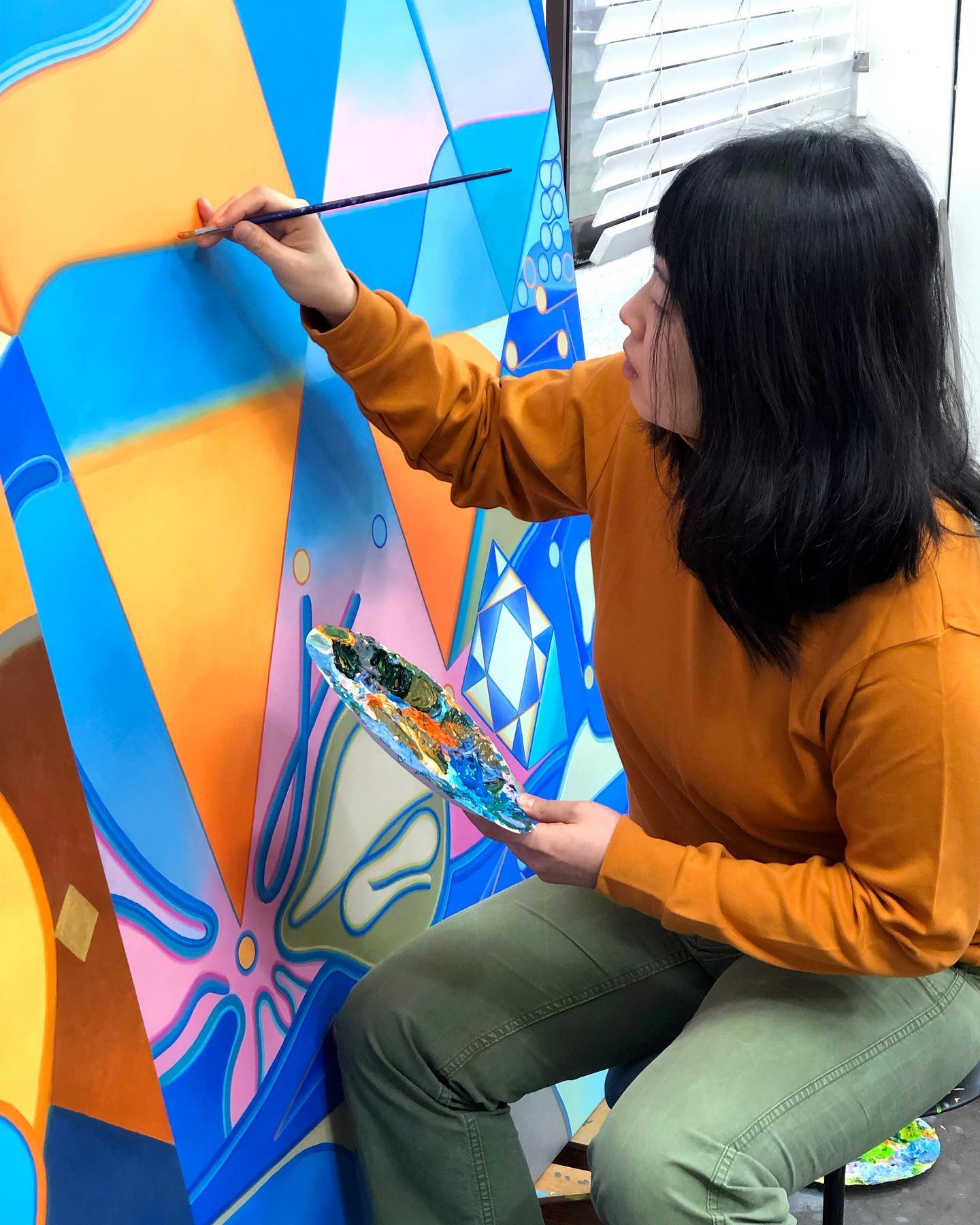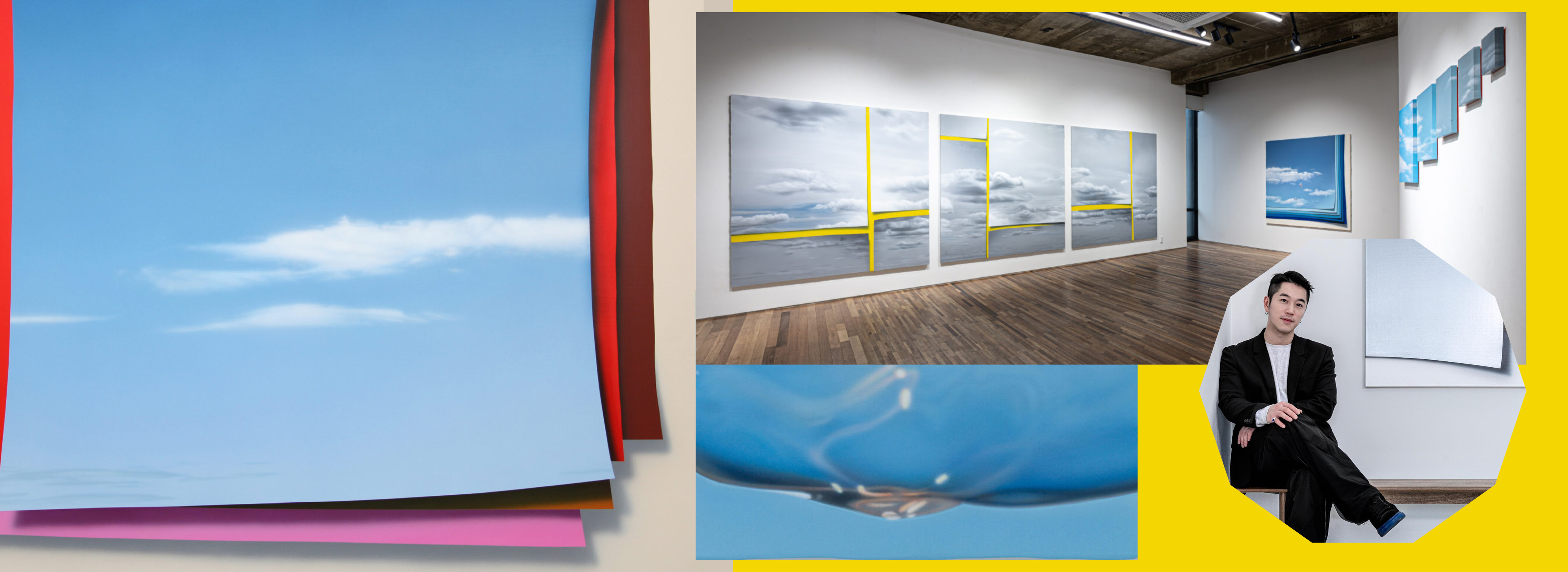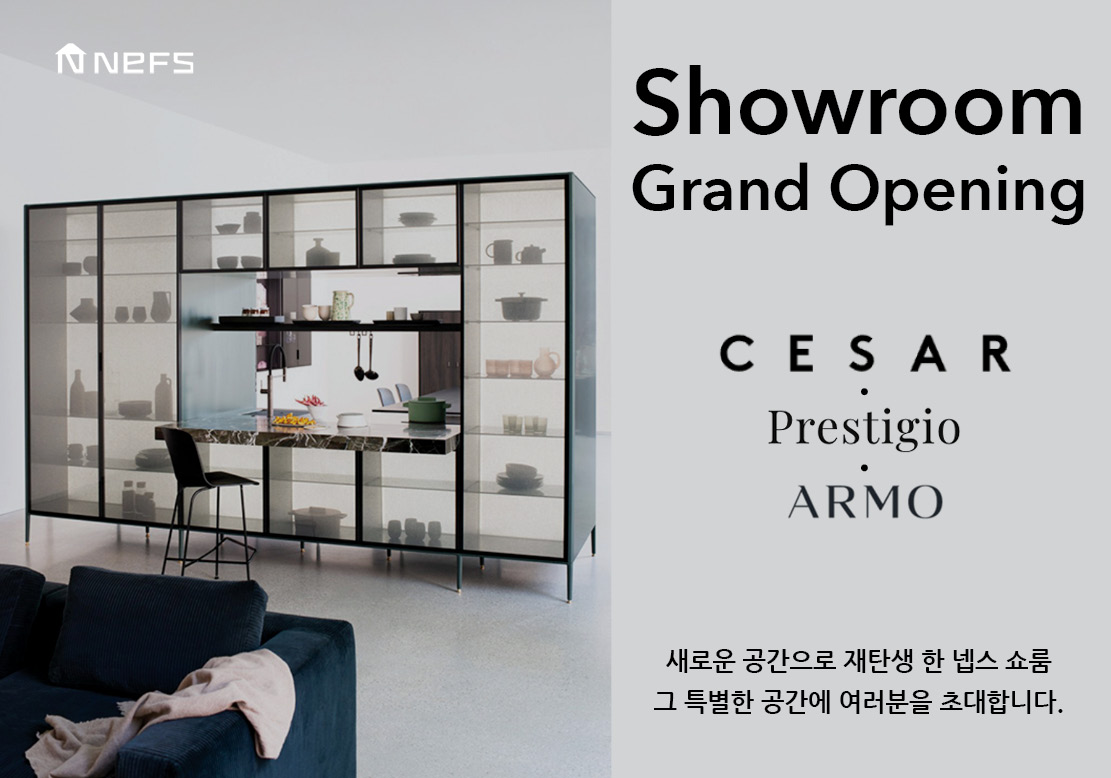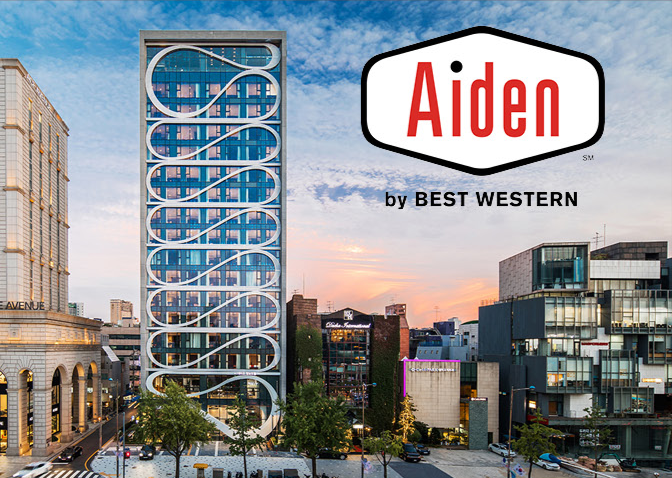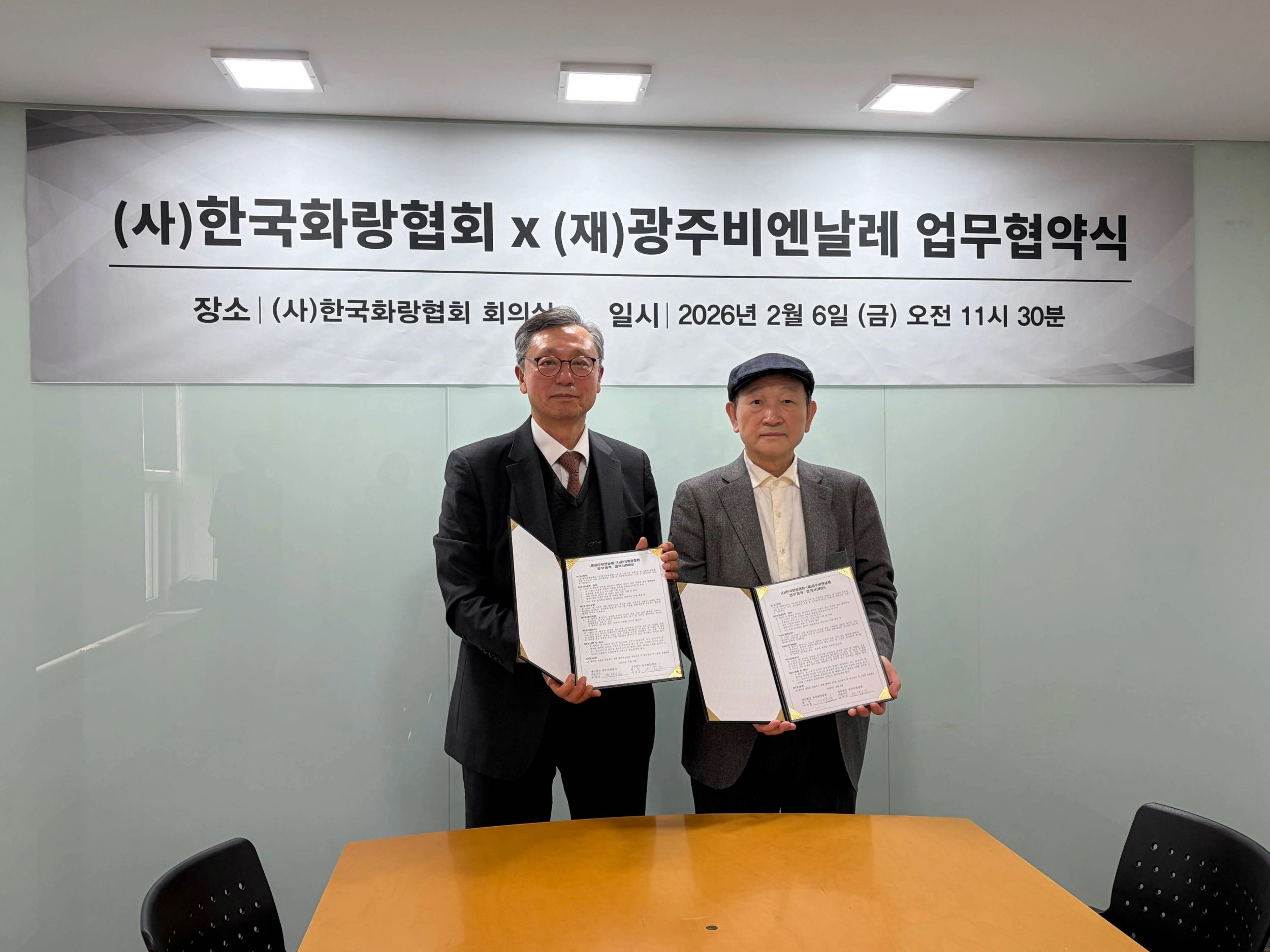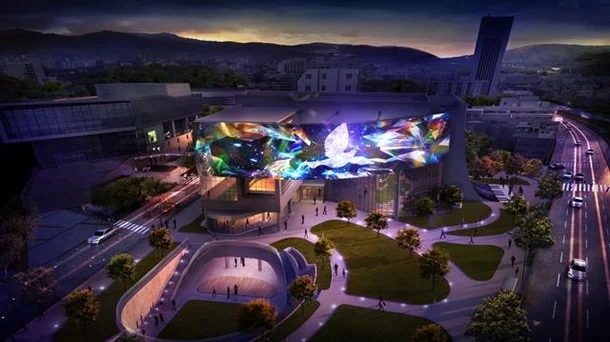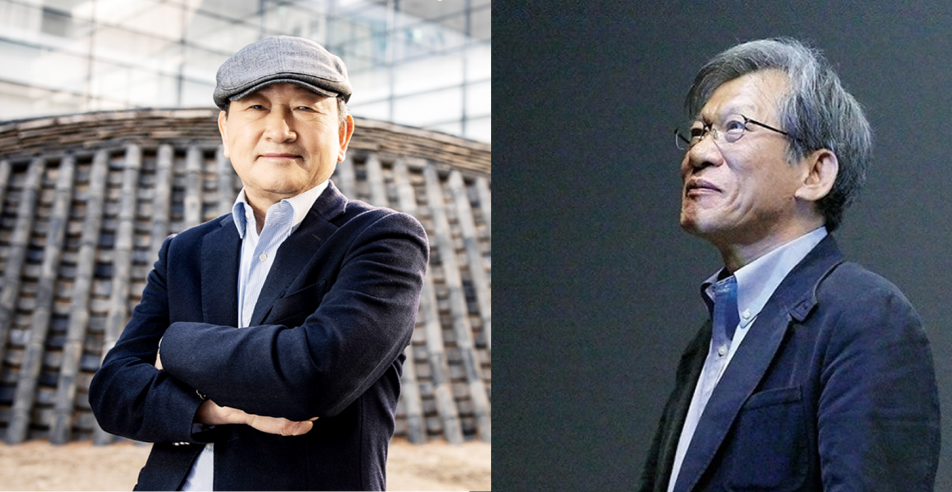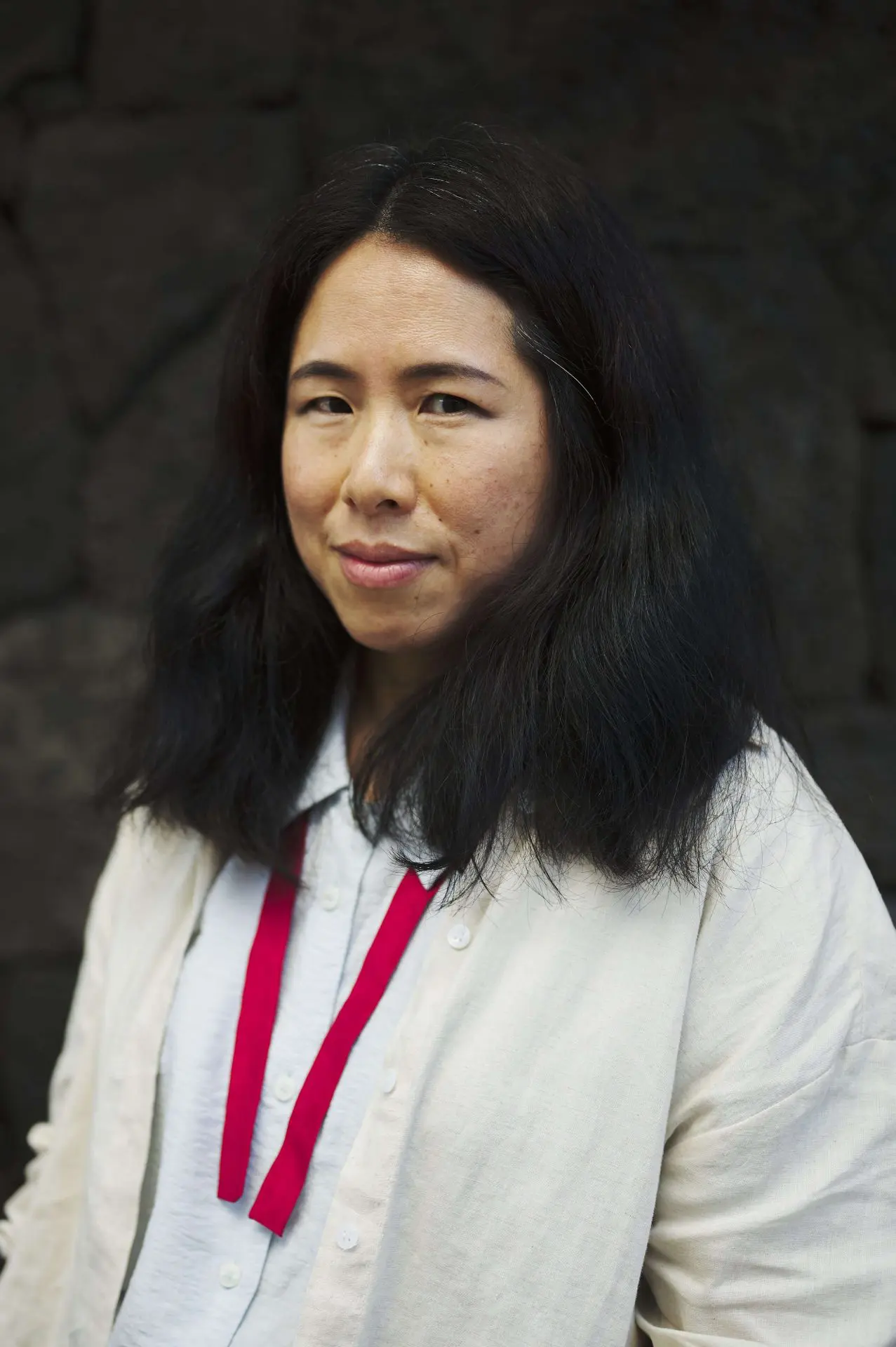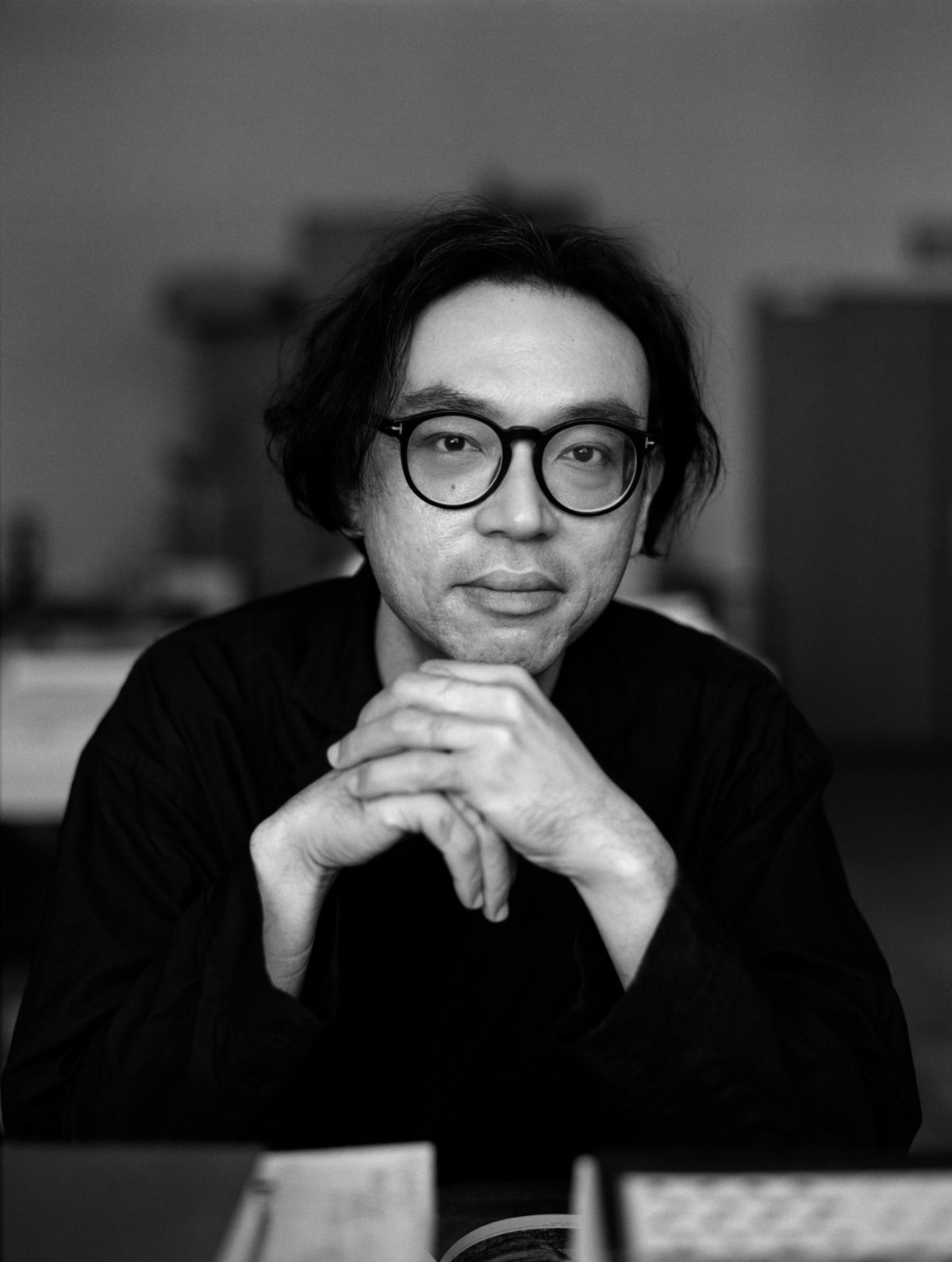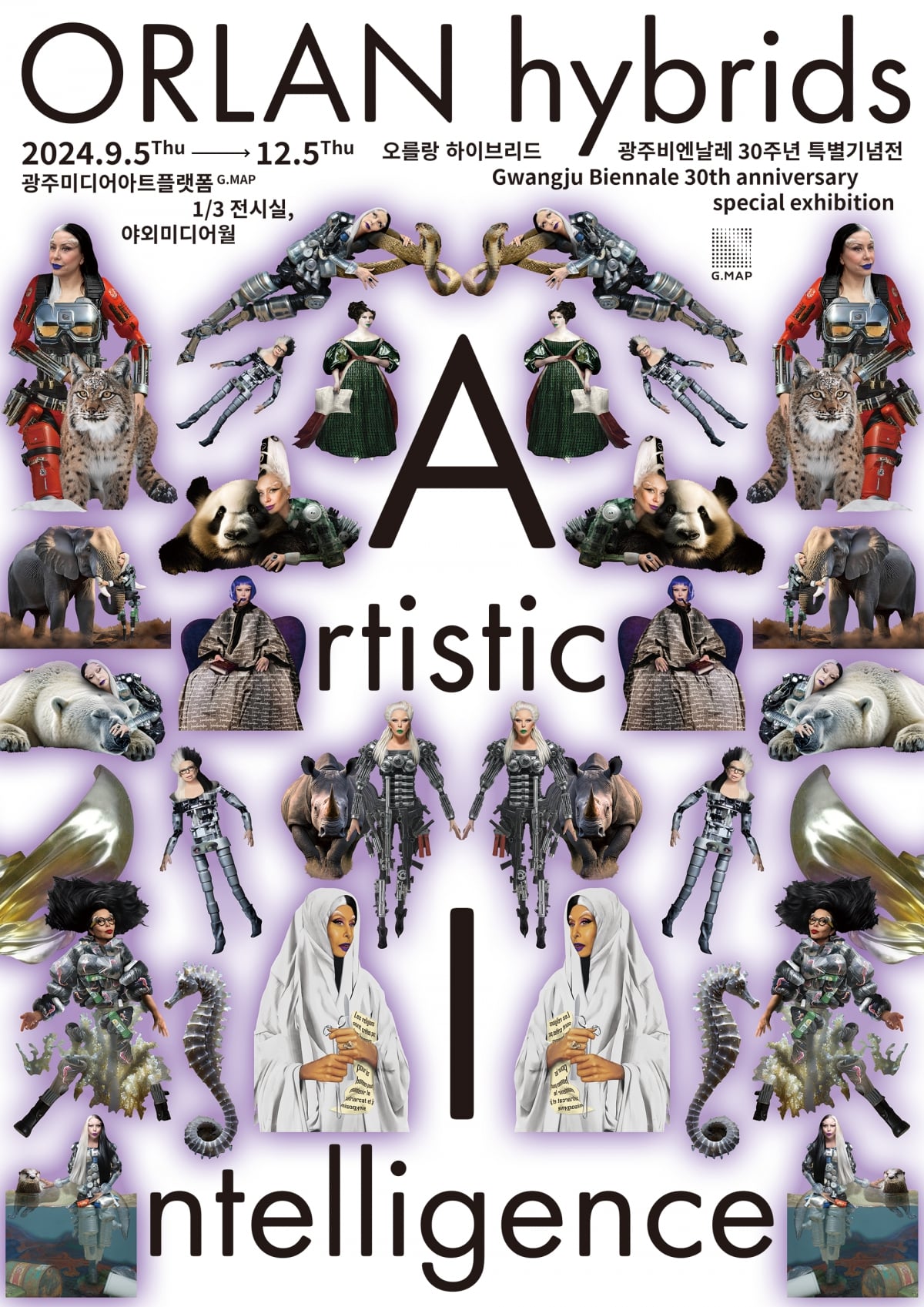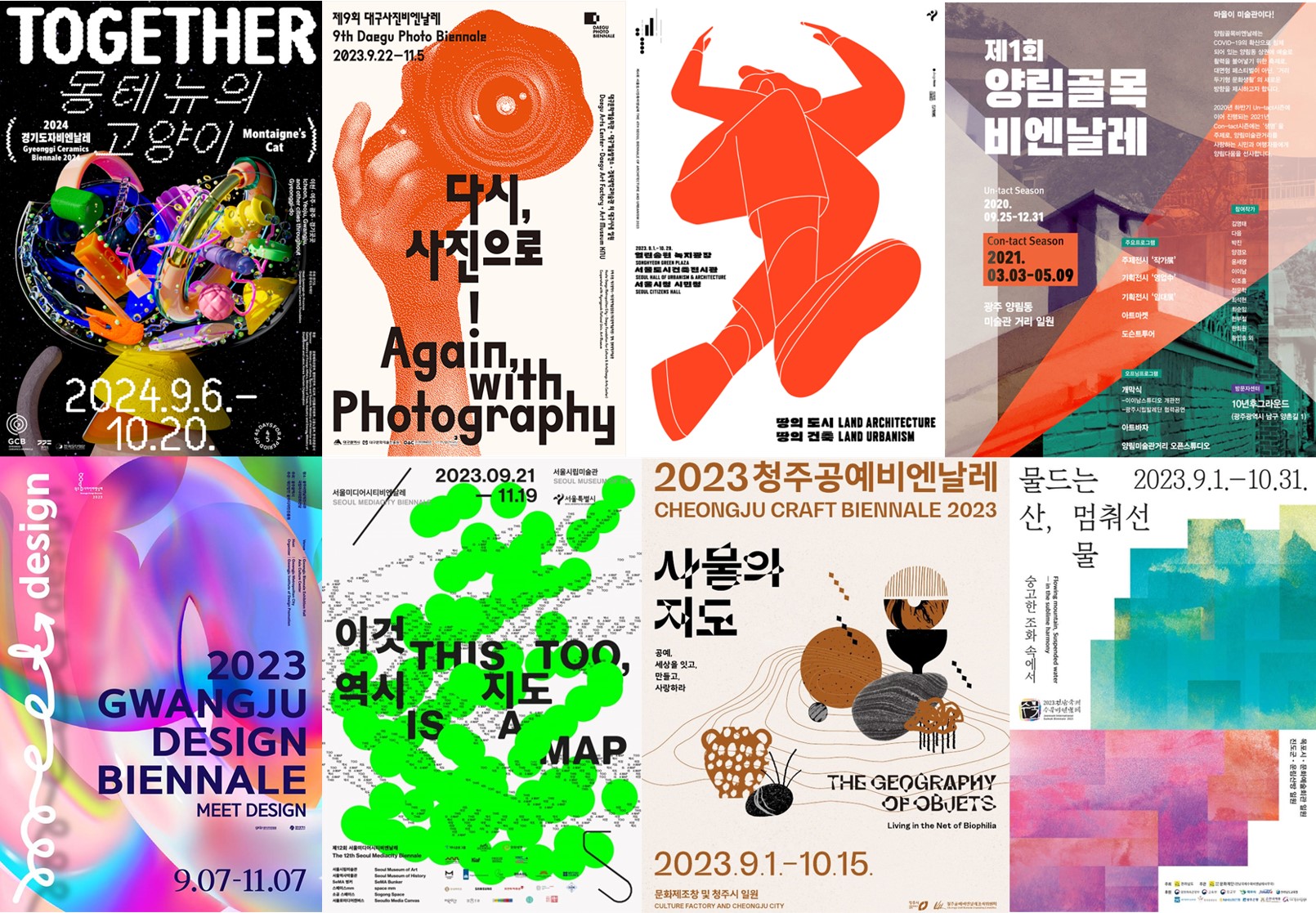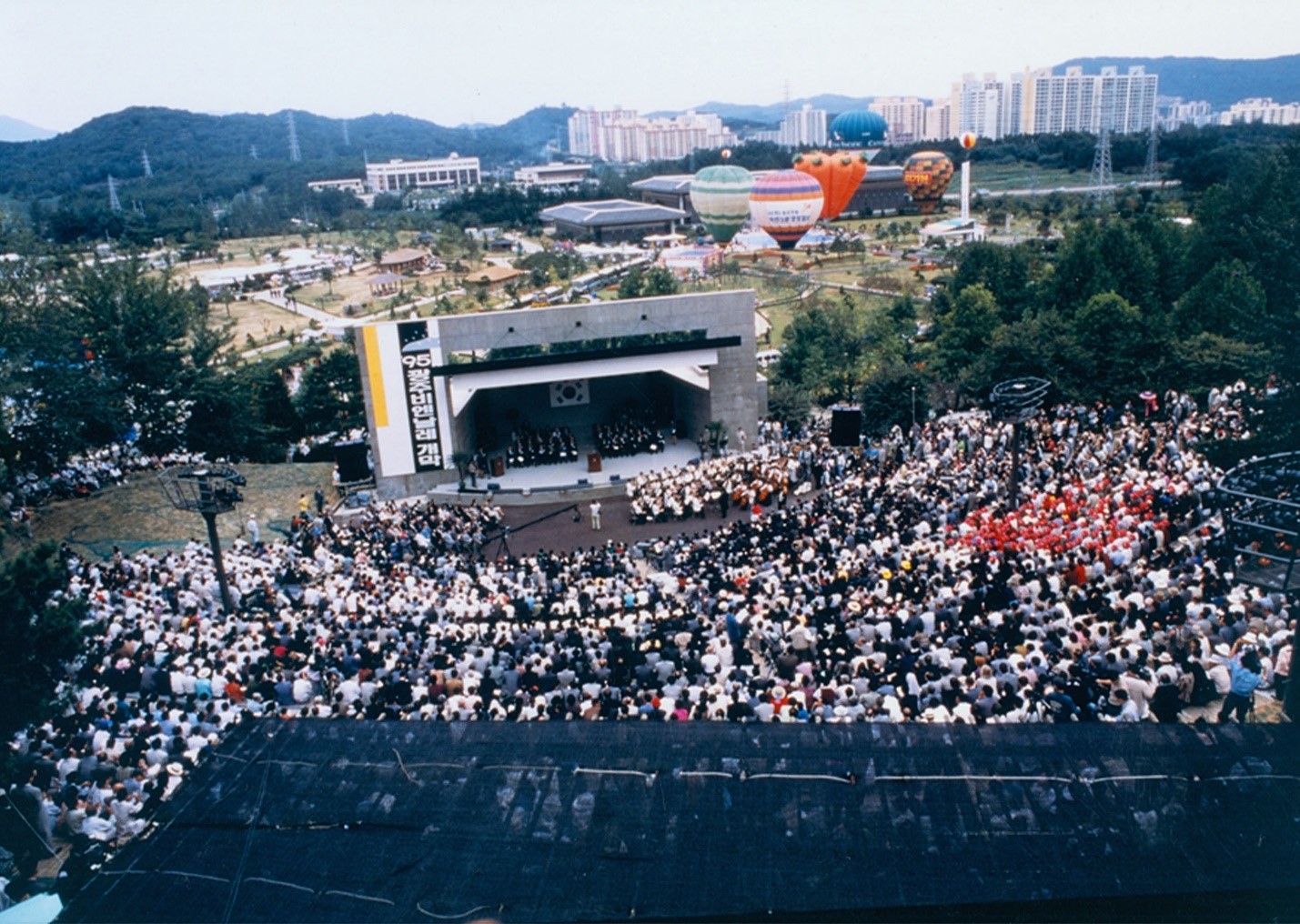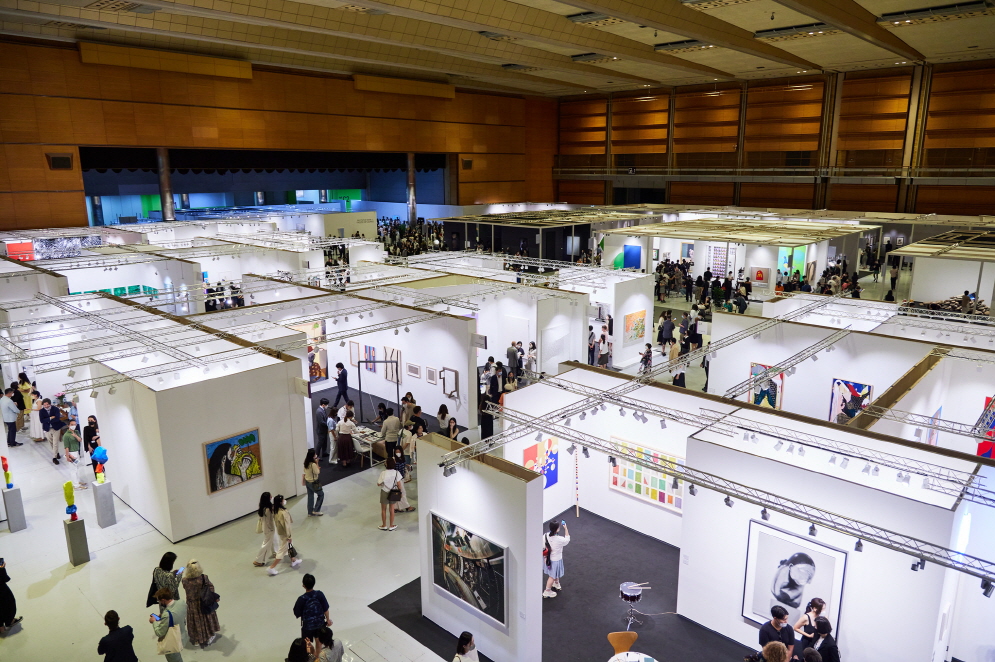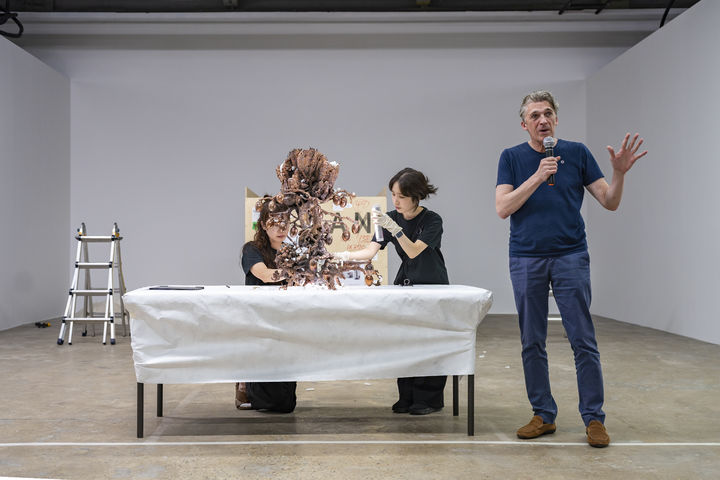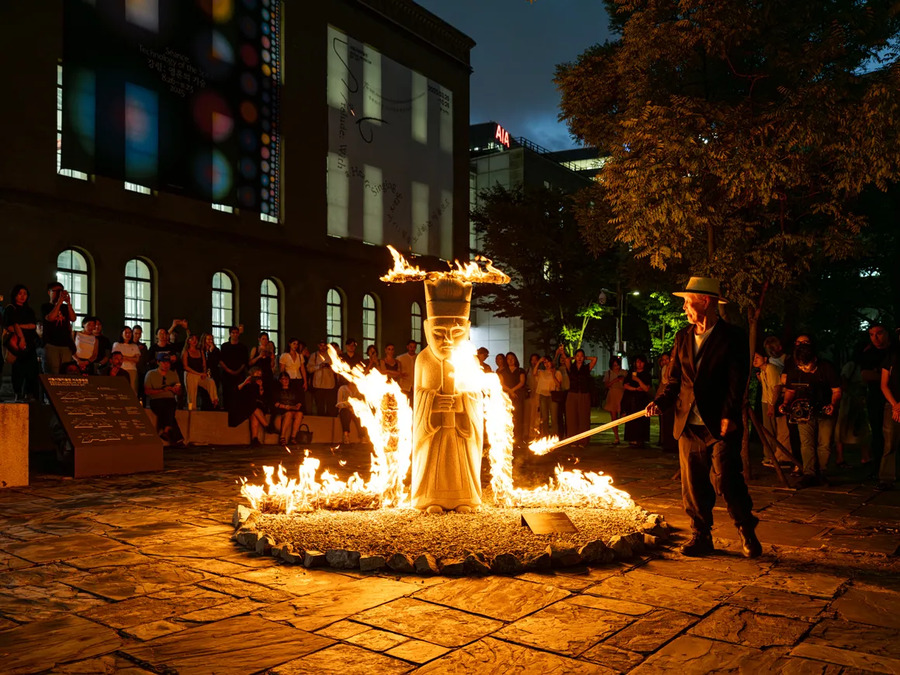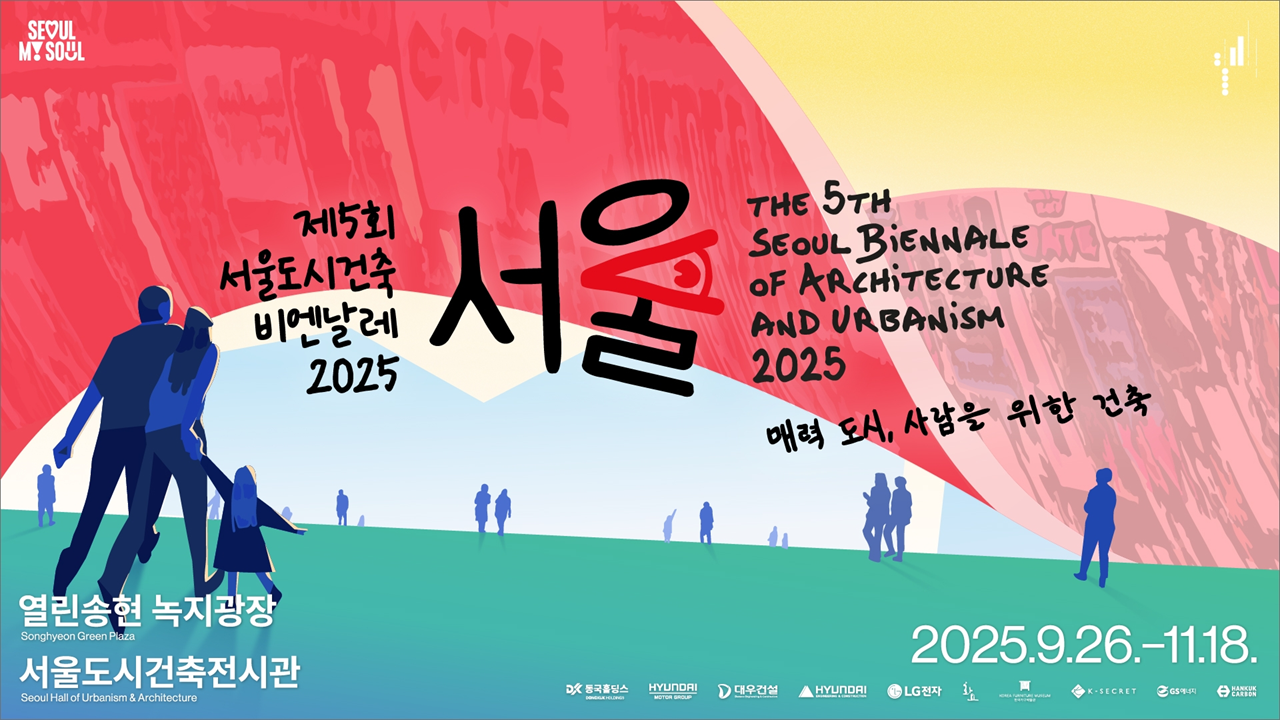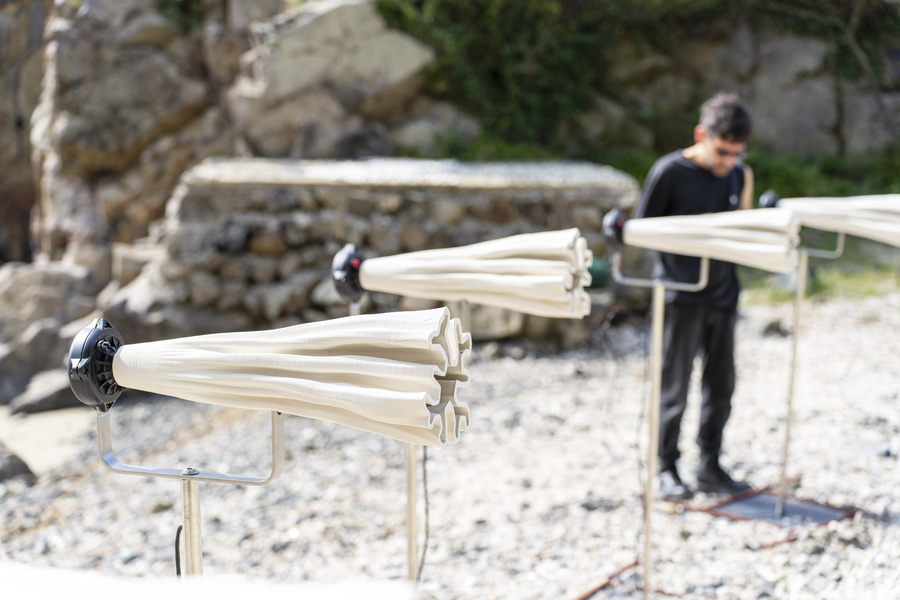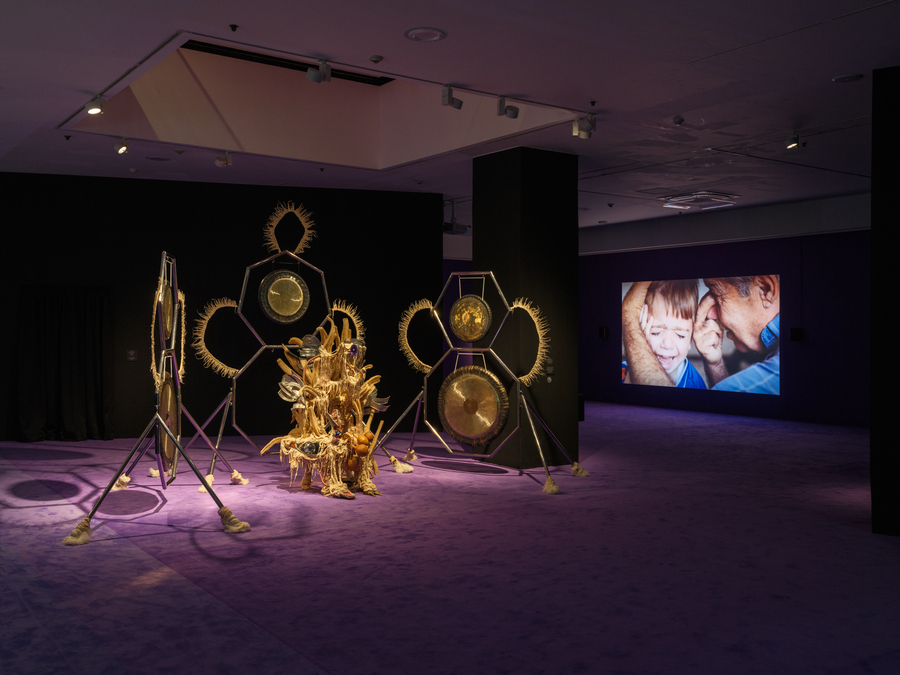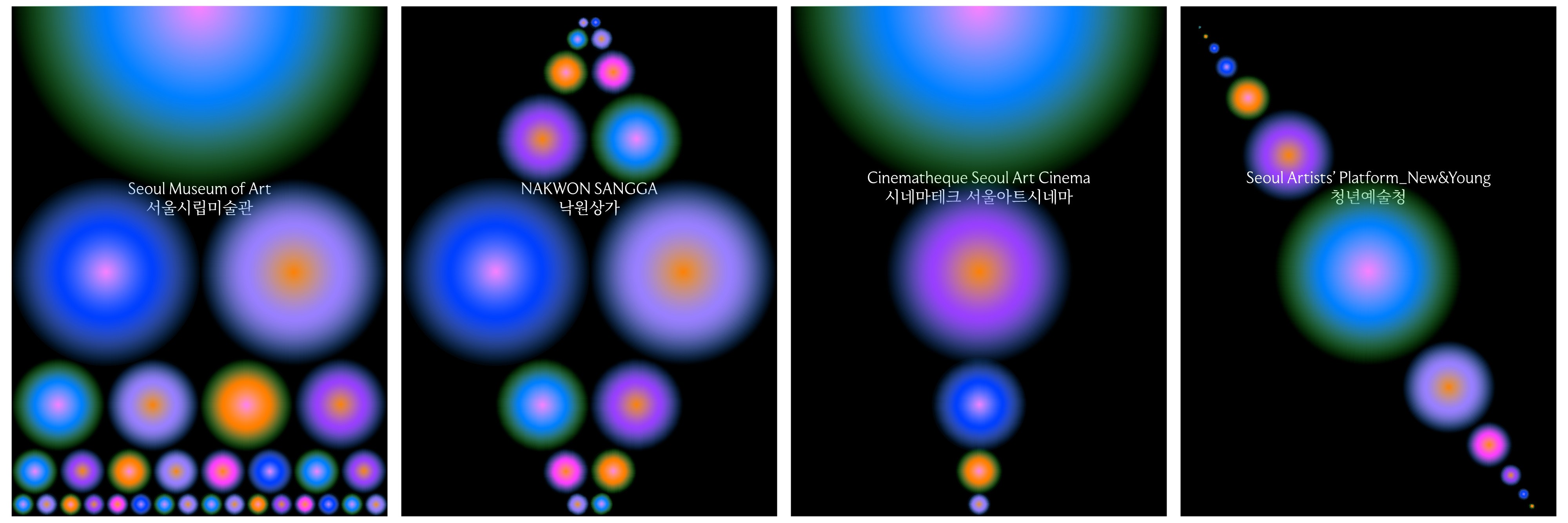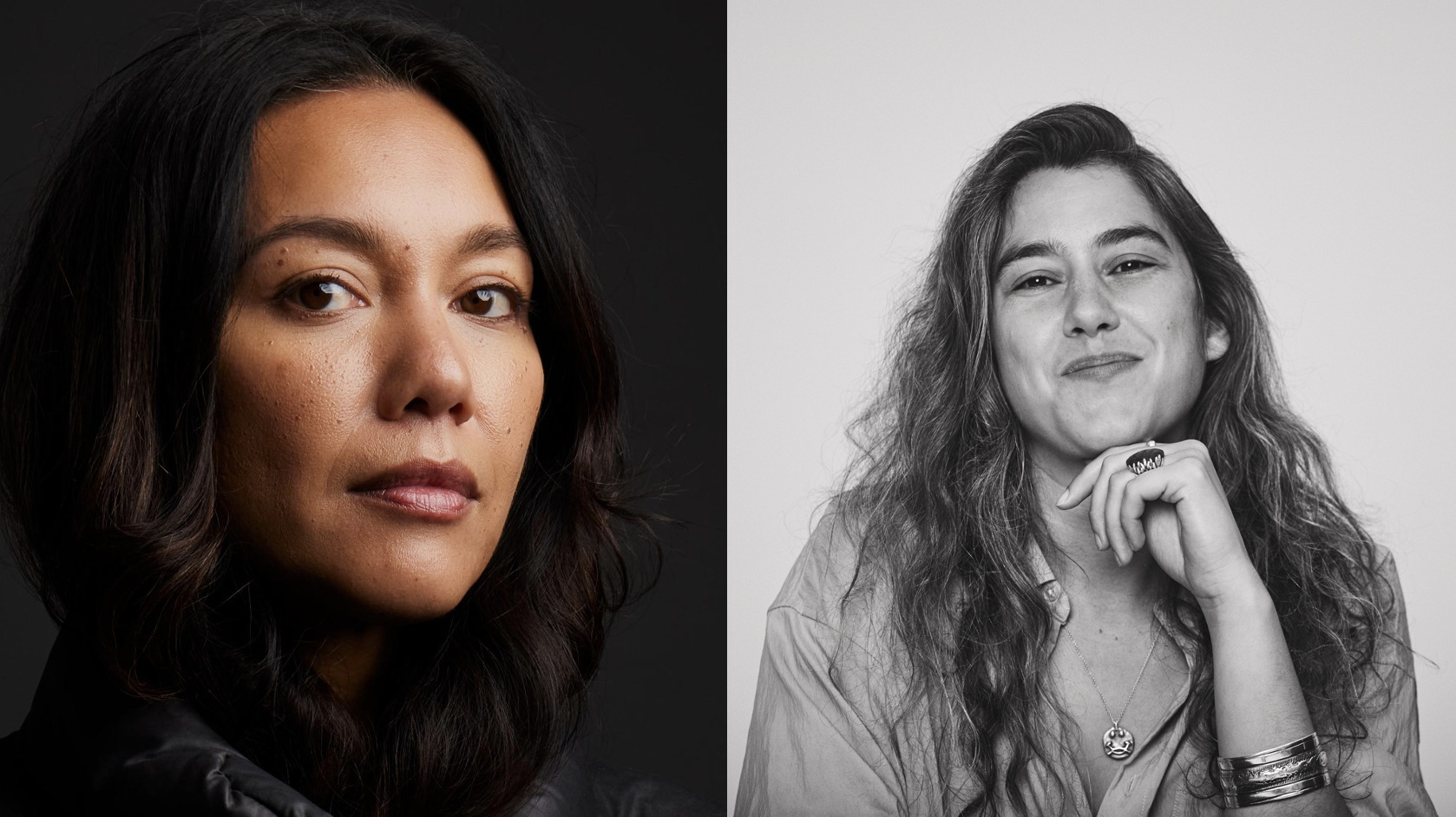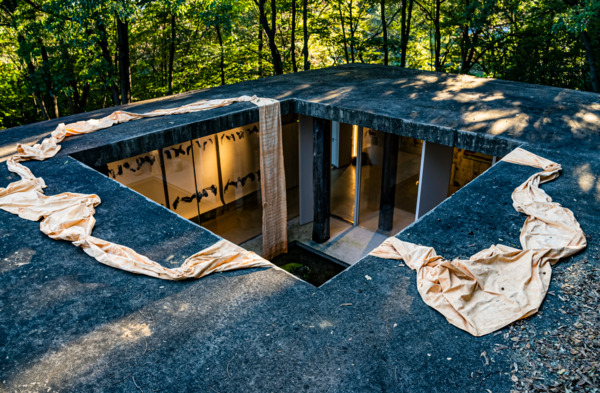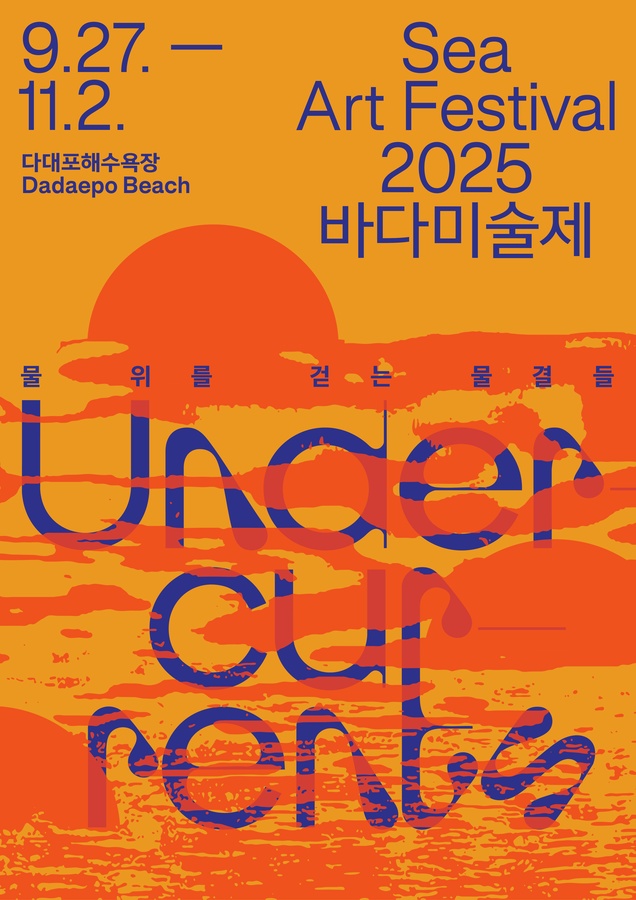
Poster of 15th Gwangju Biennale Pavilion ©Gwangju Biennale
The Gwangju Biennale, which is celebrating its 30th anniversary, announced that a total of 22 countries are participating in the 15th Gwangju Biennale Pavilion. The Gwangju Biennale Pavilion, which aims to serve as a network of domestic and international art and cultural institutions, began in 2018 with the participation of three organizations, increased to nine in 2023, and expanded to 31 this year.
The Pavilion will unfold across various locations in Gwangju, including art museums, galleries, cultural institutions, and everyday venues frequented by local residents, as well as sites associated with Gwangju’s history, such as the May 18 Archives and the May 18 Memorial Culture Center.
The participating countries include Argentina, Austria, Canada, China, Denmark, Finland, Germany, Indonesia, Italy, Japan, Malaysia, Myanmar, the Netherlands, New Zealand, Peru, the Philippines, Poland, Qatar, Singapore, Spain, Sweden, Thailand, and Vietnam. This year’s Gwangju Biennale Pavilion will feature flexible formats, highlighting collaborations between various institutions and curators, and institutions and countries, in addition to national pavilions.
The characteristic of each pavilion varies across the participating countries. The Spanish Art Pavilion will be organized by an artist. The Center for Digital Art Holon (CDA Holon) will organize a pavilion with a focus on media art. The United Kingdom will showcase the outcomes of its exchange with South Korea under the name “British Council-Korea Foundation Pavilion.” The Africa Pavilion will feature a diverse range of contemporary artworks, inviting 25 artists from across the continent. The American Pavilion will be organized by the Asian Art Museum of San Francisco, displaying selected works by Asian American artists. The Union Pavilion will be run by P/////AKT, a non-profit organization based in the Netherlands.
In addition to the pavilions, On Curating will present the Swiss Special Program consisting of large-scale performances in the Gwangju area. The China Pavilion has commissioned Art Soul (Director, Choi Sung-rok) to organize its exhibition with Shin Hang-seop as the curator. The Myanmar Pavilion is organized by the K&L Museum (CEO, Kim Sungmin) located in Gwacheon, Korea. The museum’s director, Kim Jin-hyung, will be curating the exhibition
.
Celebrating Italy’s 140th anniversary of diplomatic relations with Korea, the Italian Cultural Institute in Seoul has invited Soik Jung (artistic director of the Korean Pavilion at the 18th Venice Architecture Biennale in 2023) as the curator of the Italy Pavilion.
Seven countries from the Association of Southeast Asian Nations (ASEAN), including Indonesia, Malaysia, Myanmar, the Philippines, Singapore, Thailand, and Vietnam will participate alongside China and Japan, representing a wide array of artistic voices from across Asia. The Korea Foundation and the Korea-ASEAN Center will carry out programming such as exhibitions, screenings, and colloquiums to facilitate cultural exchanges between Korea and ASEAN countries.
The Gwangju Pavilion, newly established this year, selected Ahn Mihee (former director of Gyeonggi Museum of Modern Art) as its curator through an open call process. The exhibition Equity: Peaceful Strain will be shown in galleries 3, 4, and 6 of the Gwangju Museum of Art, exploring the spirit of Gwangju and the direction of its development.
A total of 18 artists, including Kim-Shin Yunju, Kim Woong-hyun, Na Hyun, Song Philyong, An Heejeong, Yang Jieun, Oh Jongtae, Yoon Junyeong, Lee Kangha, Lee Sehyun, Lim Subeom, Jang Jongwan, Chang Hanna, Jung Hyeonjun, Cho Jeongtae, Choi Chongwoon, Ha Seungwan, Ham Yang Ah will participate in the exhibition.
Participating curators and artists have visited Gwangju to meet with a diverse range of local artists and engage with residents to seek assistance and exchange ideas while preparing their exhibitions. CDA Holon will organize performances with students from Chosun University in Gwangju and a local dance team. Artists from Fukuoka, Japan conducted interviews with members of the May Mothers House during their research in the Gwangju area for the exhibition.
This year’s Gwangju Biennale Pavilion serves as a platform where diverse creative entities, including institutions, collectives, and individuals, come together to share knowledge and resources, and to foster vibrant communication. These ongoing collaborations transcend boundaries between nations, cities, and institutions, demonstrating the potential for diverse participants to form a community and shape the future together.




